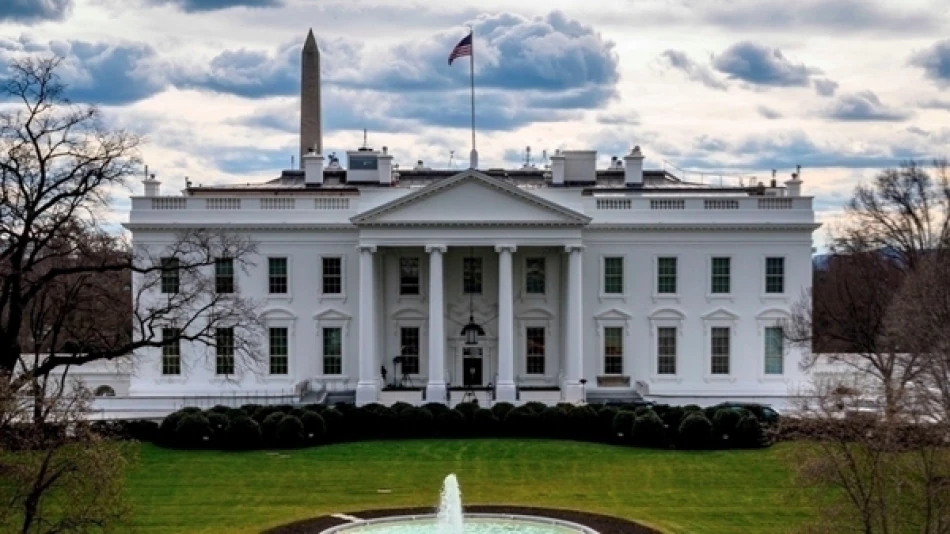
US Approves $825M Missile Sale to Ukraine, Bolstering Defensive Capabilities
US Approves $825 Million Missile Sale to Ukraine as Military Aid Strategy Evolves
The United States has authorized the sale of 3,350 long-range air-to-surface missiles and related equipment to Ukraine in an $825 million deal, marking a significant escalation in American military support as the conflict with Russia enters its third year. This transaction represents one of the largest single weapons packages approved for Ukraine since the war began, signaling Washington's commitment to sustaining Kyiv's defensive capabilities for the long term.
Strategic Shift Toward Long-Range Capabilities
The Defense Security Cooperation Agency announced Thursday that this weapons package will "enhance Ukraine's capability to meet current and future threats by providing additional means to perform self-defense and regional security missions." The emphasis on long-range missiles suggests a strategic pivot from earlier aid packages that focused primarily on defensive systems and shorter-range weaponry.
This approval comes at a critical juncture when Ukraine has repeatedly requested advanced long-range systems to target Russian military infrastructure and supply lines deeper within occupied territories. The air-to-surface missiles will provide Ukrainian forces with enhanced precision strike capabilities against high-value targets while maintaining standoff distances from enemy air defenses.
Economic and Defense Industry Implications
The $825 million contract will likely benefit major US defense contractors, particularly those specializing in precision-guided munitions. This follows a pattern established throughout the Ukraine conflict where American military aid has simultaneously supported Kyiv while boosting domestic defense production.
Unlike humanitarian aid or direct budget support, weapons sales create a different financial dynamic. While Ukraine receives the equipment, the transaction generates revenue for US manufacturers and maintains production lines that support American defense readiness. This approach mirrors successful arms sales programs with allies like Israel and Saudi Arabia, where security partnerships drive both strategic objectives and economic benefits.
Comparison with Allied Support Strategies
The US approach contrasts with European allies who have focused more heavily on direct military equipment transfers from existing stockpiles. Germany's provision of Leopard tanks and the UK's donation of Storm Shadow missiles represent immediate capability transfers, while this American sale suggests a more sustainable, long-term supply relationship.
This model resembles Washington's security partnerships in the Indo-Pacific, where countries like Taiwan and Japan purchase advanced American weapons systems to counter regional threats. The Ukraine deal may establish a template for post-conflict security arrangements in Eastern Europe.
Regional Security Calculations
The Defense Security Cooperation Agency explicitly stated that the sale aims to "improve the security of a partner country that is a driving force for political stability and economic progress in Europe." This language indicates American policymakers view Ukraine's military strengthening as essential for broader European security architecture.
The timing suggests Washington anticipates a prolonged conflict requiring sustained military support rather than expecting a quick resolution. By approving large-scale weapons sales now, the US creates a pipeline for continued Ukrainian resistance while potentially deterring further Russian territorial ambitions in Eastern Europe.
Long-Term Strategic Implications
This weapons sale likely represents the beginning of a new phase in US-Ukraine military cooperation. Rather than emergency aid packages requiring repeated congressional approval, established defense sales create more predictable support mechanisms that can continue regardless of shifting political winds in Washington.
The precedent also sends signals to other nations facing territorial threats from larger neighbors. Countries like Taiwan, the Baltic states, and Poland may view this robust American response as validation of their own defense investment strategies and partnership with Washington.
Most Viewed News

 Layla Al Mansoori
Layla Al Mansoori






